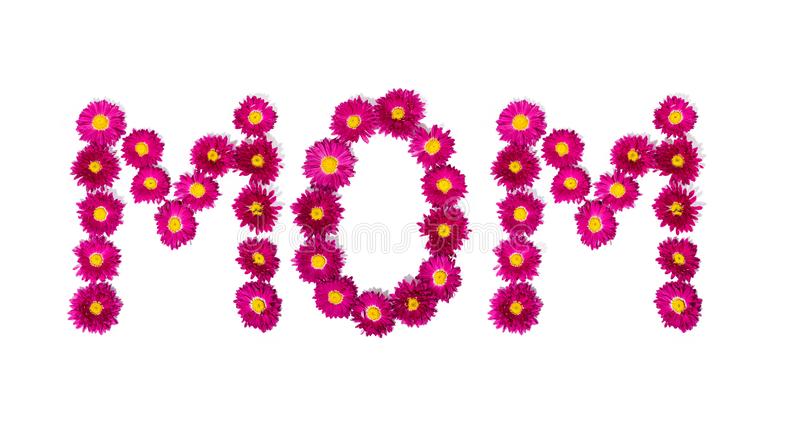There is a country-I read about it once-where the local custom is that
我曾經讀過一篇文章,里面說有一個國家,當地的風俗是,
if you go to house and praise some small possession, the owners feel obliged to offer it to you as a gift.
如果你去到一幢房子那兒,對一些小財產夸獎一番,主人會覺得有義務把它作為禮物送給你。
I don't remember the name of the country; the only other place I know of with such a custom is my mother's apartment.
我不記得這個國家的名字了,我所知道的唯一有這種做法的地方是我母親的公寓。
Knowing Mama, I have always been careful with my compliments, but that doesn't stop her.
我了解母親,我總是很小心地恭維她,但這并不能阻止她。
Mama senses admiration far more subtle than what's spoken.
媽媽感受到的贊美遠比表達出來的微妙得多。
If she catches me staring at anything small enough to put in a grocery sack, she hands it to me as I leave.
如果她發現我盯著任何小到可以放進購物袋的東西,她會在我離開時遞給我。
It would do no good to protest.
抗議沒有好處。
"I was merely staring at that photograph of Mount Hood because I have one exactly like it in my living room."
“我只是盯著胡德山的照片,因為我的客廳里有一張和它一模一樣的照片。”
Mama would only nod and say, "Of course. You were thinking how nice it would be to have a set.
媽媽只會點頭說:“當然。你在想要是有一套該多好。
If a mother doesn't understand, who does?"
如果母親不明白,誰會明白?”

Sometimes, while visiting Mama and trying not to say anything complimentary,
有時,我去看望母親時,盡量不說任何贊美的話,
I reflect on what might have been had she ended up in, say, the White House.
我會想如果她最終入主白宮會發生什么。
"Here you are, Mr. Prime Minister, that nice picture of George Washington you were admiring so much, from the Blue Room.
“總理先生,這是你在藍廳里欣賞的喬治·華盛頓的漂亮照片。
No, take it. You like it. What do I need it for?"
不,拿著,你會喜歡它的,我要用它做什么呢?”
Being with Mama is like watching an Alfred Hitchcock movie: I never know what's going to happen next.
和母親在一起就像看希區柯克的電影:我永遠不知道接下來會發生什么。
For instance, I have lasting memories of childhood walks with her.
例如,我一直記得童年和她一起散步,
Mama noticed everything. We had to stop to admire a nice house, a nice tree, a nice flower.
媽媽會注意到一切。我們會停下來欣賞漂亮的房子,挺拔的樹,美麗的花。
Mama regarded the people we saw (those who didn't look like her relatives) as portraits in a museum—no matter if people stared back.
母親把我們看到的人(那些長得不像她親戚的人)當作博物館里的肖像,不管那些人是否回頭看。
"She was pretty once, but has seen tragedy," Mama would whisper, or, "Such a handsome man, but conceited to the core."
“她曾經很漂亮,但也遭遇過不幸,”媽媽會小聲說,或者說,“這么英俊的男人,卻自大到極點。”
Her sharpest epithet was "Minky," reserved for the type of woman Mama thought would wear a mink to the supermarket.
她起的苛刻的綽號“Minky”,留給那種母親認為會穿著貂皮大衣去超市的女性。











